Yitzhak Rabin was an Israeli politician and soldier who won the Nobel Peace Prize. He was born on March 1, 1922 in Jerusalem. He began his military career at a young age and at 18 joined the Haganah, which would later develop into the Israeli armed forces. When the Israeli state was created in 1948, many Arab-Palestinians who lived there were forced out. The Arab-Israeli War broke out and Rabin oversaw operations in the city of Jerusalem. In 1964, he was Chief of Staff for the Six-Day War, during which Israel defeated the nearby Arab states of Egypt, Syria, and Jordan. Rabin demonstrated considerable diplomatic skill, managing to obtain broad support from the West. Four years later he became Israeli’s ambassador to the United States. Rabin worked to guarantee Israel US protection, while at the same time initiating the Middle East peace process. After returning to his country in 1973, he won the election with the Labor party and was nominated Minister of Labor in Golda Meir's government.
Rabin’s political ascent was fast and furious. After Israel's difficulties during the Yom Kippur War, Golda Meir was forced to resign. Rabin became prime minister on June 3, 1974. He was the first Israeli head of state to have been born in Israel. Rabin held important talks with Egypt and Syria about disarming border areas, but some viewed his openness towards governments that were traditionally hostile to Israel as a sign of weakness. In the next election, the Labor party was defeated by the conservative Likud party. During the 1980s, Israel was led by a series of coalition governments. The ex-prime minister served several times as Minister of Defense. When the Labor Party won in 1992, Rabin became Prime Minister again. On September 13, 1993, he took an important step in the peace process by signing the Oslo Accords along with Palestinian leader Yasser Arafat.
After decades of difficult struggles between Israelis and Arab-Palestinians, Rabin and Shimon Peres, then Foreign Minister, recognized Palestinian autonomy in the Gaza Strip and the West Bank. A year later, Rabin, Arafat and Peres were awarded the Nobel Peace Prize. But at home in Israel, many people disagreed with Rabin's conciliatory policies. On November 4, 1995, Yitzhak Rabin was assassinated by an Israeli right-wing extremist at the end of a peace rally in Tel Aviv. He was 73. His death was a harsh blow to the peace process.
Rabin’s political ascent was fast and furious. After Israel's difficulties during the Yom Kippur War, Golda Meir was forced to resign. Rabin became prime minister on June 3, 1974. He was the first Israeli head of state to have been born in Israel. Rabin held important talks with Egypt and Syria about disarming border areas, but some viewed his openness towards governments that were traditionally hostile to Israel as a sign of weakness. In the next election, the Labor party was defeated by the conservative Likud party. During the 1980s, Israel was led by a series of coalition governments. The ex-prime minister served several times as Minister of Defense. When the Labor Party won in 1992, Rabin became Prime Minister again. On September 13, 1993, he took an important step in the peace process by signing the Oslo Accords along with Palestinian leader Yasser Arafat.
After decades of difficult struggles between Israelis and Arab-Palestinians, Rabin and Shimon Peres, then Foreign Minister, recognized Palestinian autonomy in the Gaza Strip and the West Bank. A year later, Rabin, Arafat and Peres were awarded the Nobel Peace Prize. But at home in Israel, many people disagreed with Rabin's conciliatory policies. On November 4, 1995, Yitzhak Rabin was assassinated by an Israeli right-wing extremist at the end of a peace rally in Tel Aviv. He was 73. His death was a harsh blow to the peace process.
RELATED
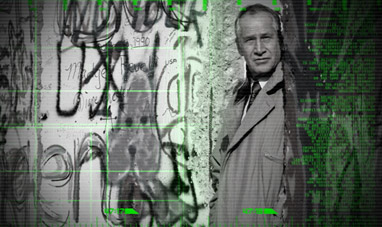

MARKUS WOLF


LUCREZIA BORGIA
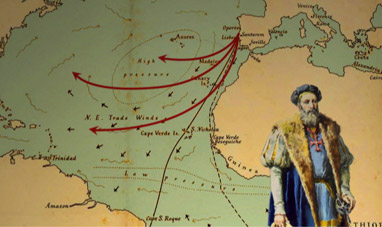

PEDRO ÁLVARES CABRAL
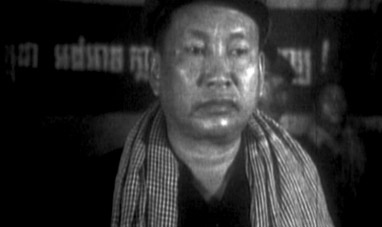

POL POT
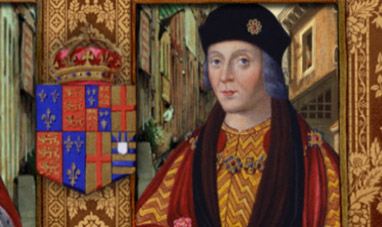

HENRY VII


PORFIRIO DÍAZ
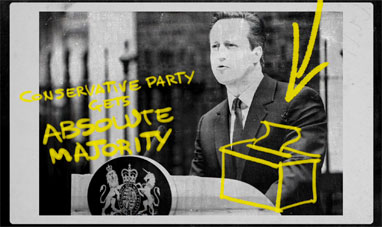

INTELLIGENCE MAY 2015
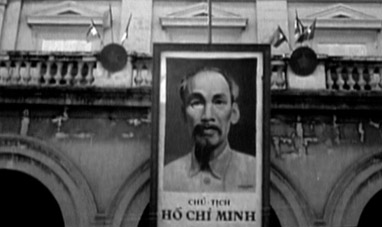

HO CHI MINH
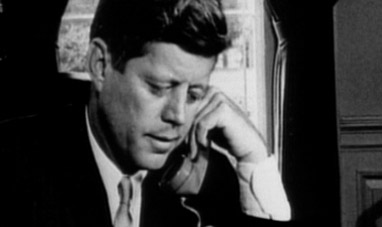

JOHN FITZGERALD KENNEDY


CHE GUEVARA
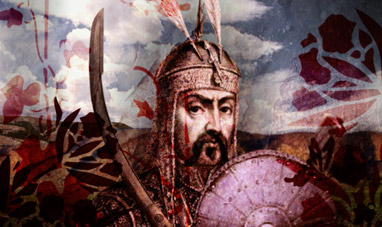

GENGHIS KHAN
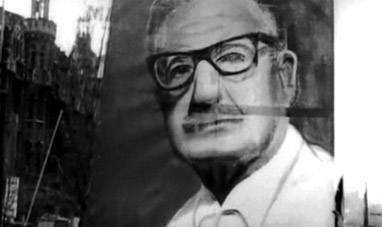

SALVADOR ALLENDE
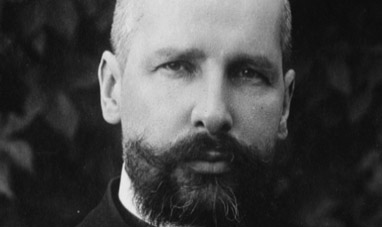

PYOTR STOLYPIN
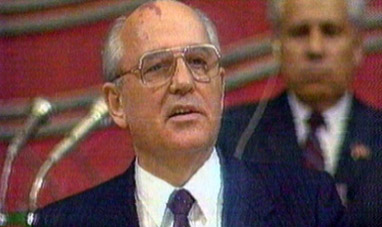

MIKHAIL GORBACHEV
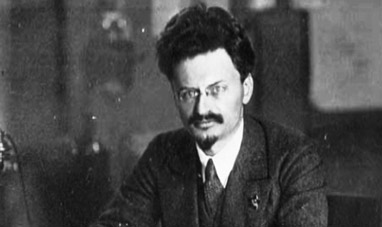

TROTSKY


VASCO DA GAMA
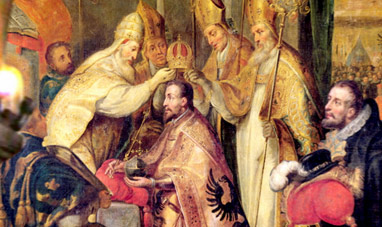

FREDERICK II, HOLY ROMAN EMPEROR
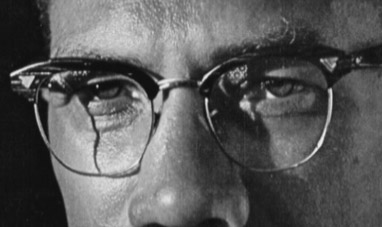

MALCOLM X
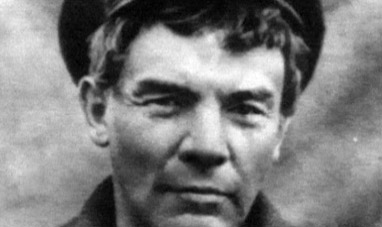

VLADIMIR LENIN
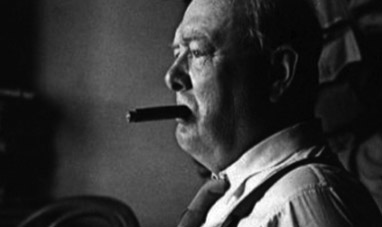

WINSTON CHURCHILL
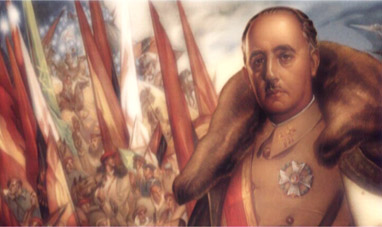

FRANCISCO FRANCO


FRÄULEIN DOKTOR


ZHENG HE
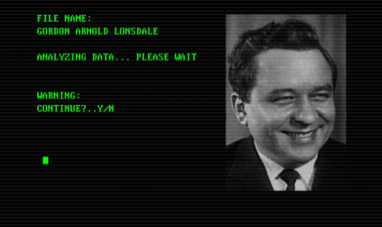

GORDON ARNOLD LONSDALE
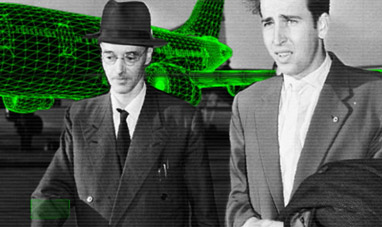

KLAUS EMIL FUCHS


ARMAND-JEAN DU PLESSIS DE RICHELIEU
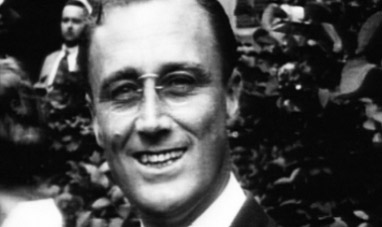

FRANKLIN DELANO ROOSEVELT


CHARLES DE BEAUMONT, CHEVALIER D'EON
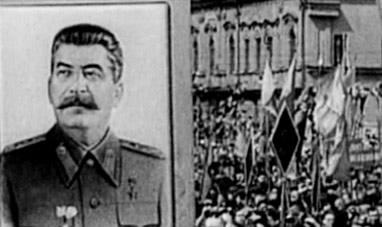

STALIN


ABBAS I THE GREAT


ENZO FERRARI
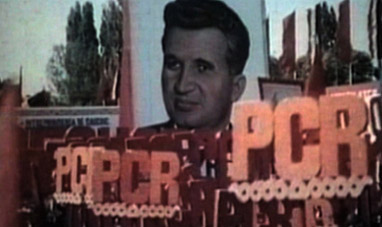

NICOLAE CEAUSESCU
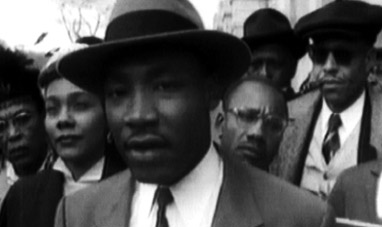

MARTIN LUTHER KING
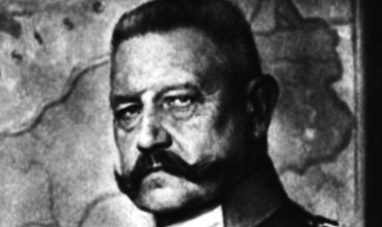

PAUL VON HINDENBURG


NEIL ARMSTRONG
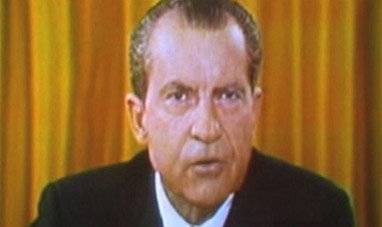

RICHARD NIXON
